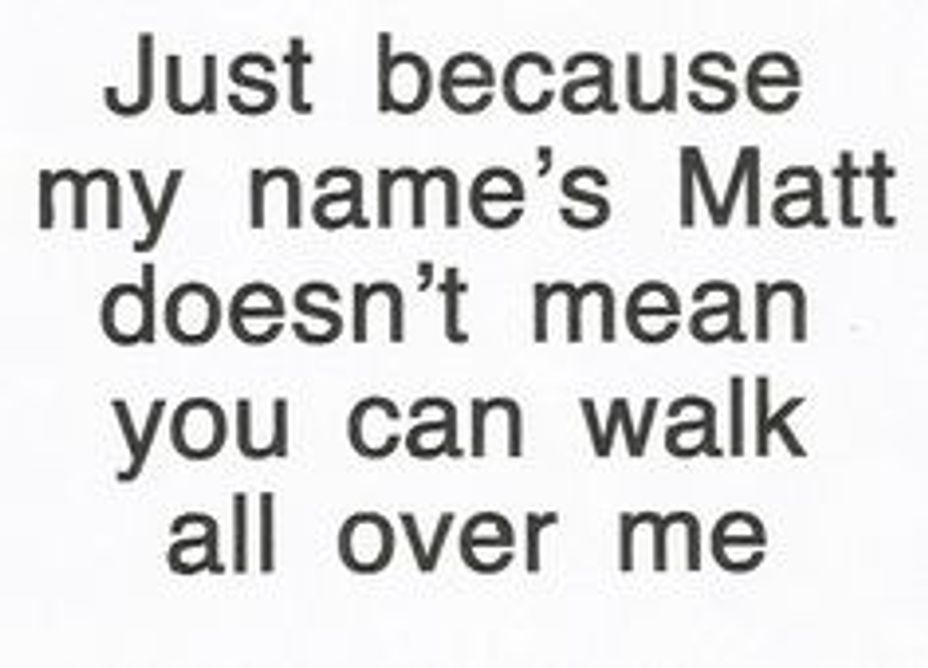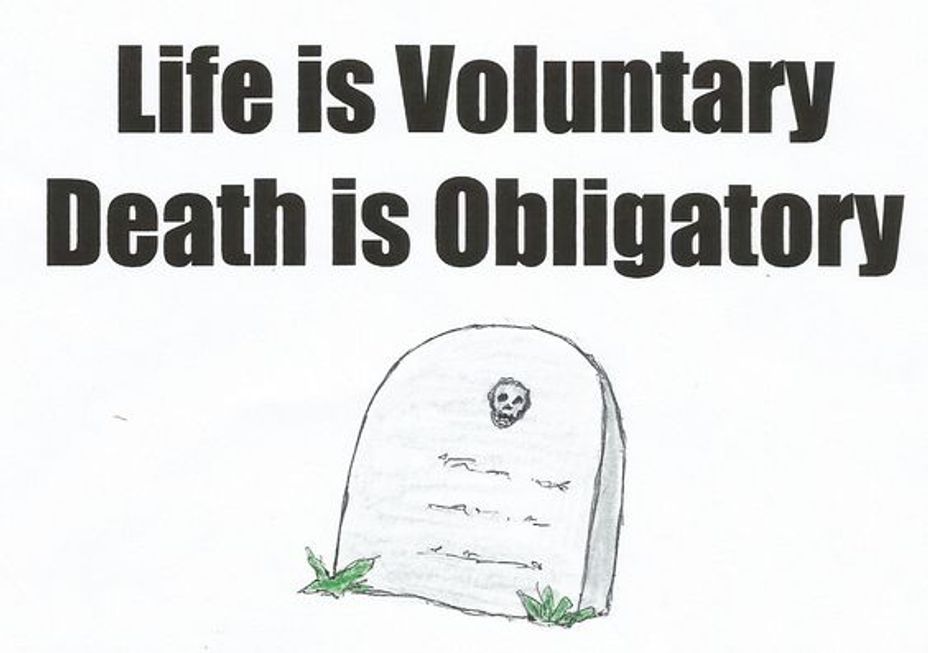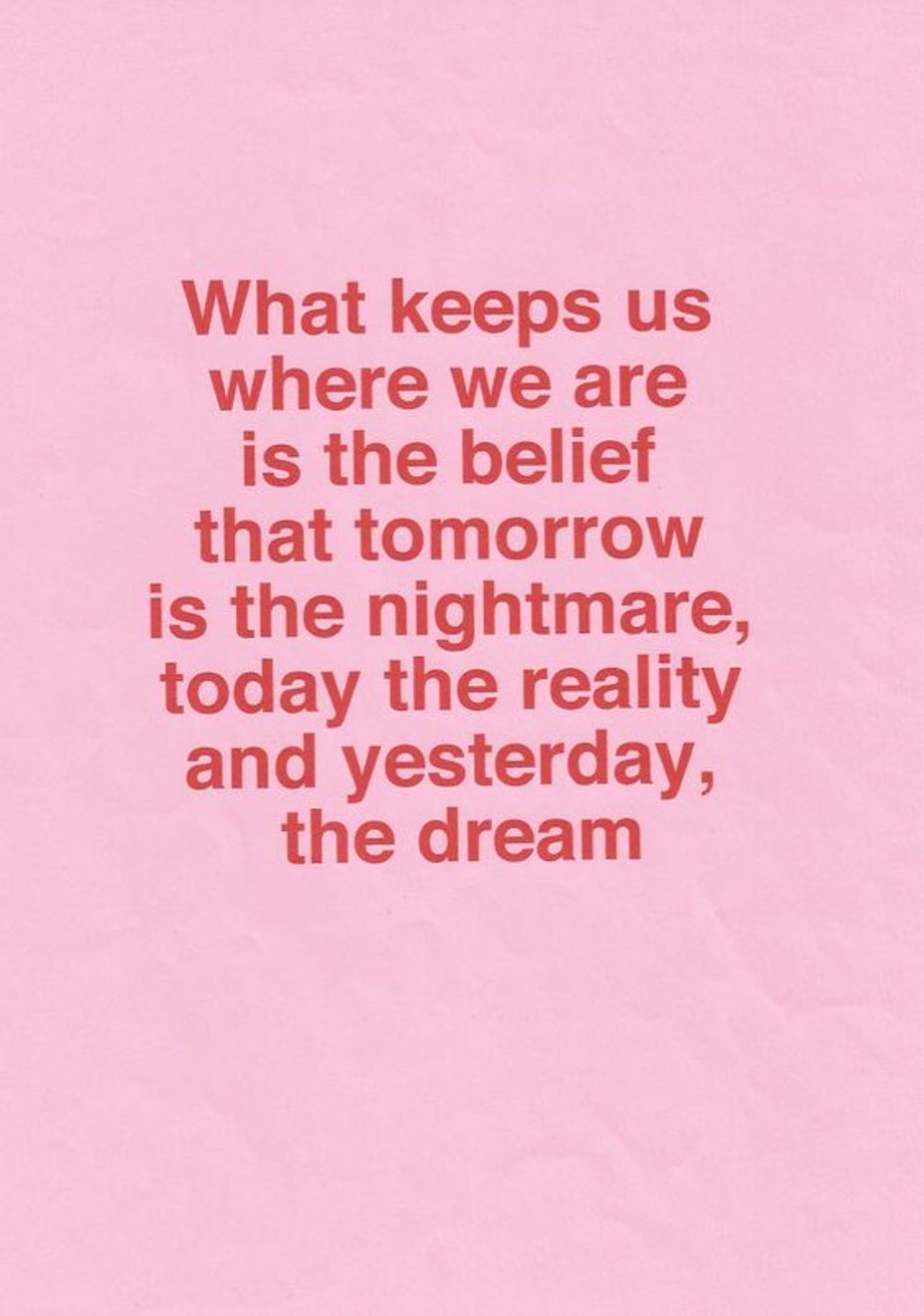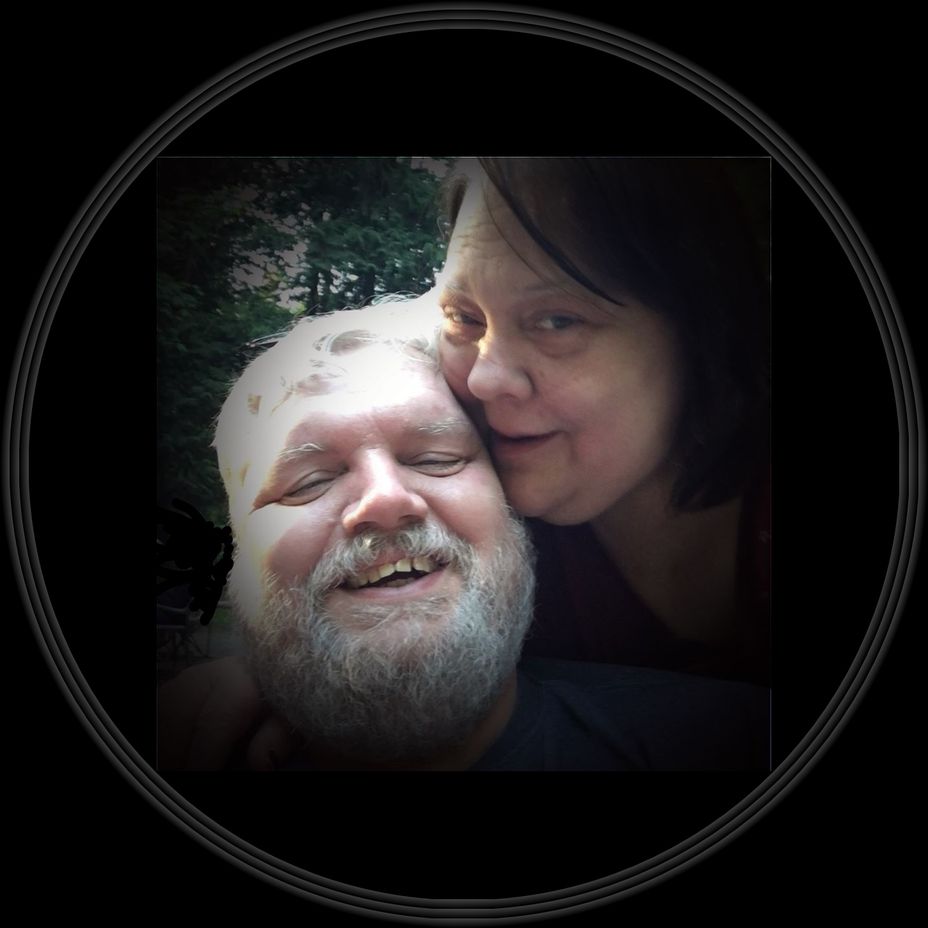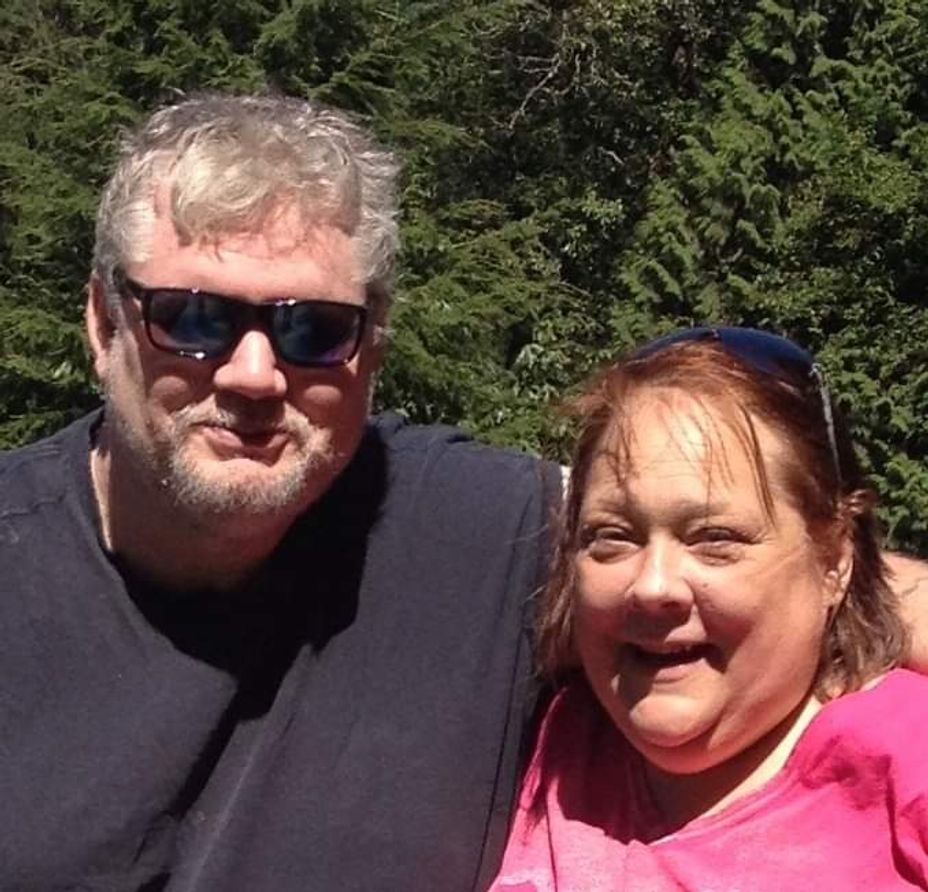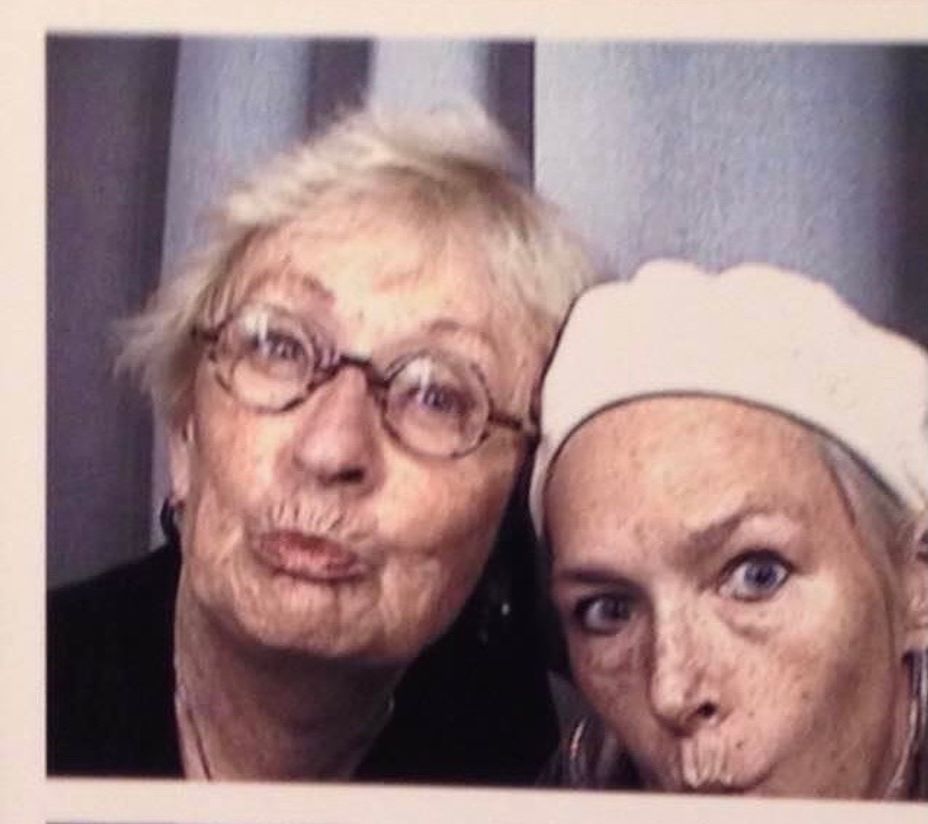Pain in the neck (part 3)
In women it can be hormonal they tell me, disappearing in the mid-fifties, when the menopause cuts in. To me it's an emotional brainstorm, which burns out the computer screen, leaving the sufferer unable to function. Lightning strikes can have the same effect - twitching, memory loss, staring blankly into space, like you're in a trance. Everything speeds up - urination, defecation etc. until the body reaches a climax, whereupon it collapses back down again into stillness and the mind into silence. It's almost like manic-depression but physical not mental sensitisation followed by de-sensitisation. Freezing during the day - boiling in bed at night, like an overnight heating storage system. Bitter taste before an attack, sweet one after - like insulin kicking in. In fact I think the whole of life is like one, gigantic migraine attack youthful discharge, followed by collapse into old age's illness and decay: Inability to keep food down, loss of memory and awareness - dementia as the equivalent state of migraine delirium, where you lose contact with the real, solid world and drift away into serial dreaming, contacting dead others, like you.
When I first took pills that worked, I could feel my body reacting as the chemical imbalances were corrected. Half an hours sleep and I was right as rain but it was only effective with mild attacks because during severe ones I couldn't keep anything down. Taking showers was something else though. I could feel every drop of water on my skin as though it were hail stones, such was the effect of the mould derivative on my nervous system.
When I went to the dentist, he said I suffered from bruxism. What's that I asked, incredulously? 'Teeth grinding - everybody who has migraines, does it.' he assured me.
'Oh?' I responded.
'Yes, it's the suppressed anger' (as if I didn't know!).
He suggested a gum guard like boxers use, in order to stop it. Worn overnight he said, it would stop the teeth crunching and therefore the pressure in the jaw that led to the headache (That was the theory anyway).I tried it once but it was like trying to go to sleep with an apple in your mouth, so I soon dumped it as impractical and uncomfortable.
Before an attack my skin would crawl as though it was brushing up against cobwebs. My shins got so itchy that I'd scratch them until they bled. I'd also get this funny prickling sensation on my left shoulder and a high pitched whistling in my ears. My doctor said it was probably wheat intolerance. What about all the tension in my back and other joints and the only relief I got was by cracking them? Gas, he said. And the rheumatoid arthritis after an episode? None of this is related to the migraine but is a separate issue, according to him. We'll put you on so-and-so, which should soon sort it out (It didn't, anymore than his answers satisfied my curiosity).
I believe as I said earlier, this proves it's some kind of accumulation/ discharge problem, showing up as the hot/ cold difficulty, body tension and relaxation, plus other polar opposite symptoms: This includes the static I'm prone to, when I touch plastic handrails or pull off my jumper, made of synthetic materials (The spark across my nose is shocking, just shocking!).
I tend to drop things after an attack because I'm not aware I'm holding them. The doctor said its possibly nerve damage or blocked blood vessels as a result of the migraine. This and slurred speech, memory loss etc. indicated signs of minor strokes but not to worry (Apparently all these mini-strokes can build up into a major one in later life, which can kill you and this is the real danger with migraines, even if the attacks disappear in your mid-fifties as with most people: Personally I wish I hadn't found this bit out ).
Life is a pain in the neck and then you die, recover, forget all about it, then die again, in an endless cycle of hope and despair. Such is life.
